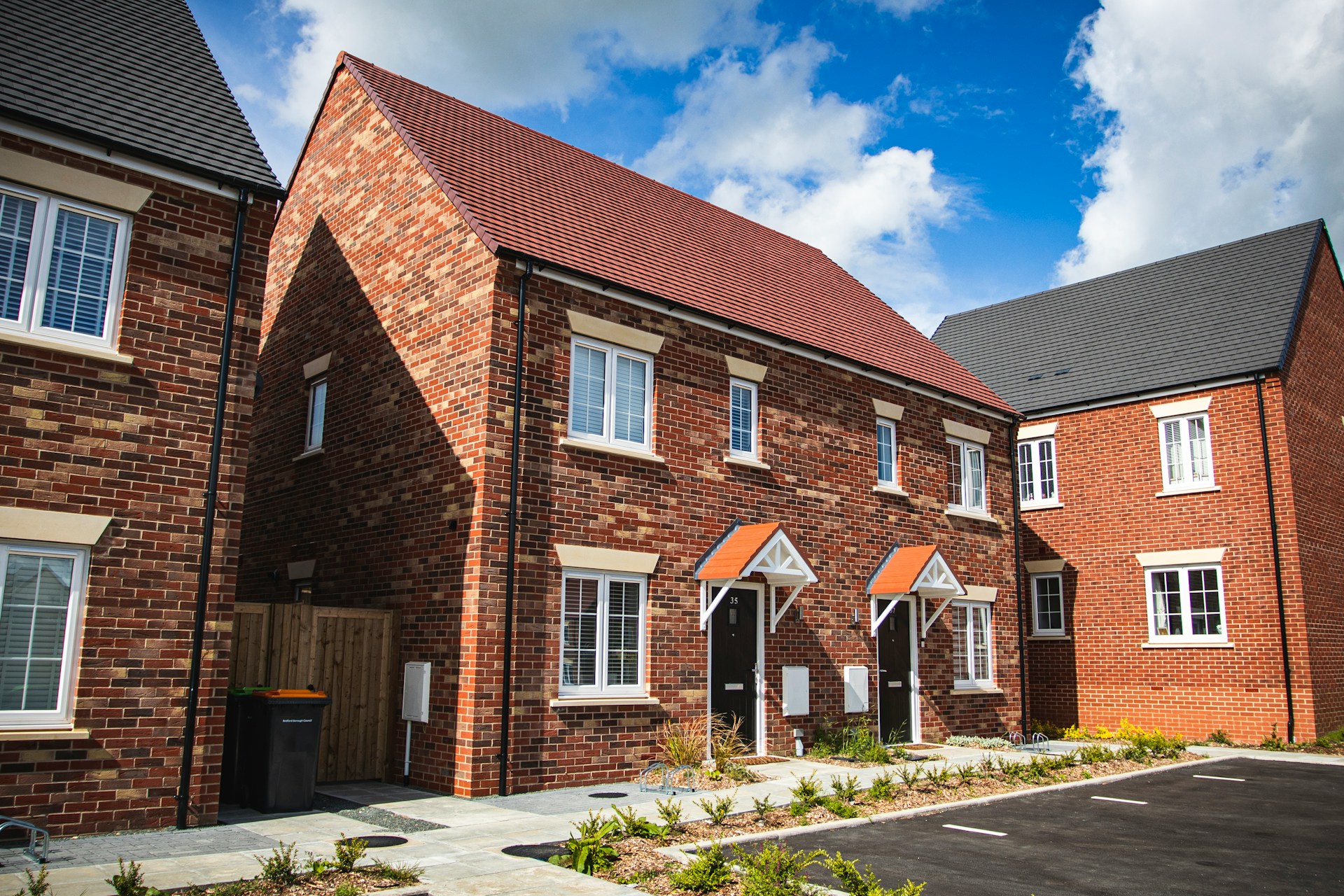Finding the perfect home in the UK can be a thrilling yet daunting task. Whether you’re a first-time buyer or looking to move up the property ladder, several key considerations must guide your decision-making process. From location and budget to the property’s condition and potential future value, each factor plays a crucial role in finding a place that not only meets your immediate needs but also serves as a wise investment. In the following article, we’ll explore essential aspects to keep in mind as you begin your search for a new home in the diverse and dynamic real estate market of the UK.
Understanding Your Budget
Financial planning is the bedrock of any successful home purchase. Before you begin your search, it’s important to have a comprehensive understanding of your budget. This includes not only the purchase price you can afford but also additional costs such as stamp duty, solicitor fees, and any renovations or furnishings needed. Seeking advice from financial experts can provide clarity and ensure you’re prepared for all potential expenses.
In addition to initial costs, consider the ongoing expenses associated with owning a home. These can include council tax, utility bills, maintenance costs, and homeowners’ insurance. Planning for these expenses in advance can prevent surprises down the line and help ensure that your new home remains within your financial comfort zone. While the average price of a home in the UK is rising, there are still plenty of affordable options available for those with a range of budgets. It’s important to be realistic about what you can afford and not stretch your finances too thin.
Location, Location, Location
The importance of location cannot be overstated when searching for a home. Desired locations vary widely depending on personal preferences, family needs, job locations, and lifestyle choices. Some may prioritize proximity to good schools, while others might value a vibrant nightlife or easy access to nature. Researching different areas, visiting neighborhoods, and speaking to locals can provide invaluable insights into what it’s really like to live there.
Considering the potential for future development in the area can be a wise move. Infrastructure projects such as new transport links or shopping centers can significantly impact property values. Keeping an eye on local planning applications and developments can give you an edge in selecting a location with growth potential.
Property Type and Condition
Deciding on the type of property you want is another crucial step. The UK housing market offers a wide range of options, from detached houses and bungalows to flats and terraced houses. Each has its advantages and disadvantages, depending on your needs and lifestyle. For instance, a flat in a city center might offer convenience and social opportunities, while a detached house in the countryside might provide tranquility and space.
The condition of the property is equally important. While some buyers look for a move-in-ready home, others may be attracted to the potential of a fixer-upper. Assessing the condition of the electrical systems, plumbing, roof, and structural integrity either personally or through professional surveys can save you from future headaches and unexpected repair costs.
Future Potential
When looking at properties, it’s wise to consider not just your current needs but also how your needs might change in the future. A home that seems perfect now might not suit you in a few years. Factors such as the potential for extensions, the flexibility of the layout, and the property’s ability to adapt to changing needs can influence its long-term suitability and resale value.
The potential for value appreciation should not be overlooked. While predicting the future of the housing market is never an exact science, certain indicators, such as upcoming local developments, the popularity of the area, and historical market trends, can suggest whether a property is likely to be a good financial investment.
Legal and Regulatory Considerations
Navigating the legal and regulatory aspects of buying a home in the UK is essential. This includes understanding the conveyancing process, property taxes, and any local regulations that might affect property ownership or future renovations. Engaging a reputable solicitor early in the process can help ensure that all legal matters are handled efficiently and that you’re fully aware of any obligations or potential issues.
Being aware of energy performance certificates (EPC), building regulations approval for past modifications, and the potential listing status of older properties can inform your buying decisions. Taking these factors into account can help you avoid legal pitfalls and ensure your new home meets all necessary standards and regulations.
The Role of Real Estate Agents
Estate agents can be invaluable allies in the home-buying process, offering insights into the market and access to properties that might not be publicly listed. A good agent understands your needs and can save you time by filtering out unsuitable properties. They also have a deep understanding of the local area, which can be especially beneficial if you’re moving to a new part of the country. Their expertise in negotiating prices can also help you secure a better deal, potentially saving thousands.
When choosing a real estate agent, it’s important to do your research. Look for agents with positive reviews and a track record of success in the area you’re interested in. A great way to find a reliable agent is by asking for recommendations from friends or family who have recently purchased a home. Remember, the right agent will be your advocate and guide you through the complex process of buying a home, so choose wisely.
Mortgage Considerations
Securing a mortgage is often the first step many prospective homeowners take when entering the property market. Understanding the different types of mortgages available, including fixed-rate, variable-rate, and interest-only mortgages, is crucial. Each has its pros and cons, depending on your financial situation, how long you plan to stay in the home, and the current economic climate. Consulting with a mortgage advisor can help you make an informed decision that aligns with your long-term financial goals.
Preparing your finances for a mortgage application is essential. This includes improving your credit score, saving for a substantial down payment, and ensuring steady employment. Lenders will review your financial health closely, so taking steps to present yourself as a low-risk borrower can increase your chances of approval and secure more favorable mortgage terms. Remember, the goal is to demonstrate stability and reliability to prospective lenders.

Finding a home in the UK requires careful consideration of various factors to ensure a successful and fulfilling purchase. By understanding your budget, preferred location, property type and condition, future potential, legal and regulatory aspects, and enlisting the support of experienced professionals such as real estate agents and mortgage advisors, you can navigate the market with confidence.

